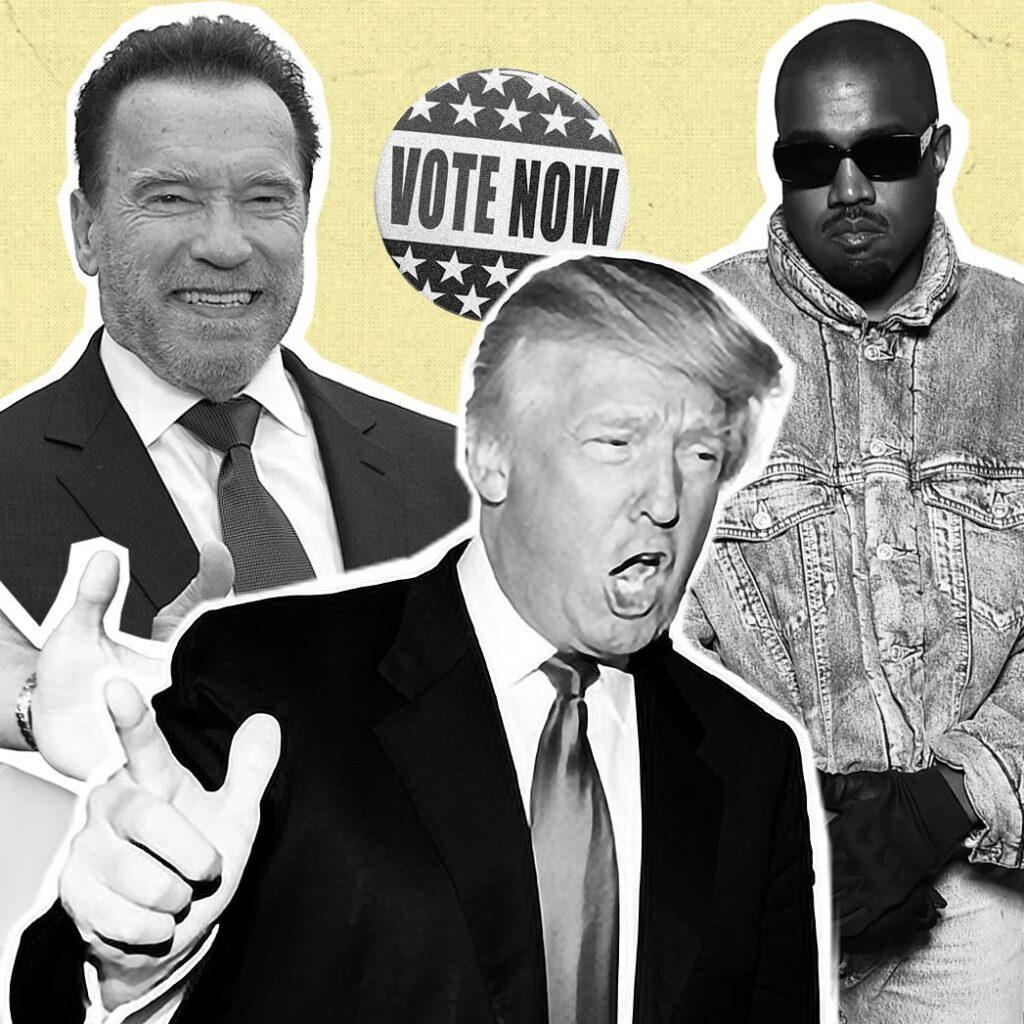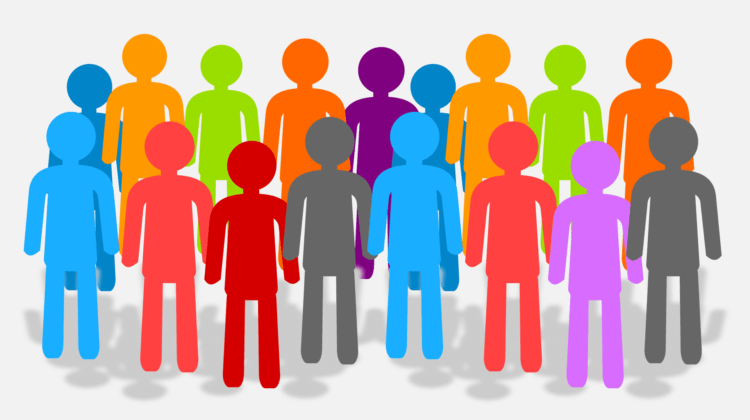The intersection of celebrity and politics has become increasingly common in recent years. From movie stars to musicians, celebrities have used their platforms to voice their opinions on political issues and even run for political office themselves.
The intersection of celebrity and politics has also raised concerns about the impact of celebrity endorsements on the electoral process.

One of the main benefits of celebrities getting involved in politics is that they have a significant amount of influence and reach.
Celebrities often have large social media followings and fan bases, which can help raise awareness about important political issues and increase voter turnout. They can also use their platform to raise money for political causes and organizations.
Celebrities can also bring attention to issues that may not have received mainstream media coverage otherwise.
For example, when actress Emma Watson launched her HeForShe campaign in 2014. She drew international attention to gender inequality and sparked a global conversation about men’s support for women’s rights.
However, there are also concerns about the impact of celebrity involvement in politics. A main concern is that celebrities may lack the expertise or experience for informed political decisions.
While celebrities may be passionate about certain issues. They may not have the knowledge or skills to create effective policies or make informed decisions on complex political issues.
Another concern is that celebrity involvement in politics can distract from more pressing issues and contribute to the increasing trend of personality-driven politics. This can lead to a focus on the individual rather than the policies and issues that they represent.
It can also create a dangerous cult of personality around certain individuals, which can be damaging to democracy.
While this trend has its benefits, it also raises concerns about the role of celebrities in politics and the potential impact on democracy. Celebrities have the right to voice their opinions and endorse candidates. Some worry that this can have an undue influence on voters.
Celebrities may be seen as role models or influencers by their fans. Who may be more likely to vote for a candidate simply because their favorite celebrity supports them?
Celebrities have also faced backlash for their political involvement. With some argue that they are out of touch with the realities of everyday Americans.
This can lead to accusations of elitism and the perception that celebrities use their platform to push personal agendas rather than represent their constituents’ needs.
Despite these concerns, celebrity involvement in politics is unlikely to go away anytime soon. In fact, the trend may continue to grow as more celebrities become interested in political issues and social activism.
Both celebrities and the public should critically assess the potential risks and benefits of celebrity involvement in politics.
Celebrities interested in politics should take steps to make informed decisions and represent their constituents’ needs.
This may involve finding experienced political mentors, researching political issues, and connecting with the communities they aim to represent.
The public should critically assess celebrity involvement in politics and separate individuals from the issues they represent. Policies and positions should be evaluated on their merits, not celebrity status.
It also means engaging in informed and thoughtful political discourse, rather than simply relying on celebrity endorsements or soundbites.
Conclusion
The intersection of celebrity and politics is a complex issue with both benefits and potential risks.
Celebrity involvement in politics can highlight important issues and boost voter turnout but may also distract from pressing issues and foster personality-driven politics.
Both celebrities and the public must critically assess this trend and work towards a political system that prioritizes informed decision-making and the needs of all constituents. 온라인카지노
